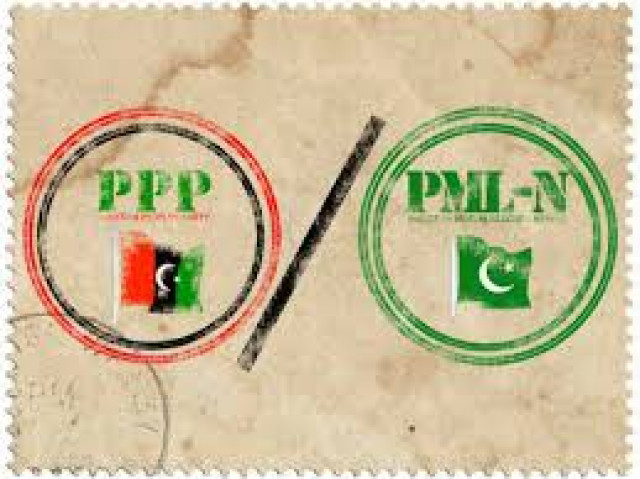The same old story
None of the two mainstream political parties, the PML-N and the PPP, seem interested in mid-term elections

PHOTO: FILE
Indeed, the three are so similar in their approaches to problems confronting the nation and the country that their rule since 2008 appears as if wielded by one single political party. The last 18-month rule of the PTI does not seem any better or worse than the five-year rule of the PML-N (2013-2018) which in turn does not differ much in quality from the rule of the PPP from 2008 to 2013. And come to think of it, these three rules seem continuation of Musharraf’s rule of 8 years that ended in 2008, except that it was a military rule.
And here lies the real secret. The reason why all the four governments look the same despite having been led by four different political parties is because the guiding spirit dictating the governments of day from behind the scenes is one and the same. This guiding spirit is not a new arrival on the scene. It has been there all along — at least since late 1950s. Its compulsions for being uniformly rigid in its guidance all these 62 years manifest the very nature of the state that Pakistan had become in the very first decade of its independence.
It is, therefore, almost impossible, indeed, to create a social-welfare state out of an establishment-dictated state, no matter how one went about trying to build one even on the lines of Riyasat-e-Madina.
It is this very contradiction that renders every successive government, no matter of which colour and hue, lose its luster within months of its coming into power. The military-led governments take a year or two to reach the point but political governments, puppets or not, get called out within months. And that is when the media start speculating about the fate of the incumbent. That is when rumours start circulating about ouster dates and how that ouster would come about: mid-term elections; or in-house change; or even the minus-one type.
In the good old days of 58(2)(b), a rush of newspaper stories running for a few weeks would end in the toppling of the government of the day with references of corruption sent to courts against it. This was not available in 1999, so the General decided to walk in upfront himself only to lose his luster when he tried to continue in the saddle even after the three years the Supreme Court had mandated for him.
So, if one were to delve deeper into the state of politics currently obtaining in the country, one would not take long to reach the conclusion that the incumbent PTI-led coalition government of Prime Minister Imran Khan has already lost its shine. But is it, indeed, on its way out – and that too earlier than later? No, not that easy, one would say.
In the first place, none of the two mainstream political parties, the PML-N and the PPP, seem interested in mid-term elections. Going by the way the two are acting, it seems more than possible that they would like to see the PTI complete its five-year term which they believe would expose its political bankruptcy for good, making it impossible for it to stage a comeback ever. And for those who believe the government could be toppled by in-house changes at the Centre and in Punjab, it would be advisable to recall the way the guiding spirits managed to snatch from the PML-N the Balochistan government and turned the opposition majority in the Senate into a minority to get Balochistan Awami Party’s Sadiq Sanjrani elected as the Senate Chairman!
Published in The Express Tribune, February 22nd, 2020.
Like Opinion & Editorial on Facebook, follow @ETOpEd on Twitter to receive all updates on all our daily pieces.















COMMENTS
Comments are moderated and generally will be posted if they are on-topic and not abusive.
For more information, please see our Comments FAQ